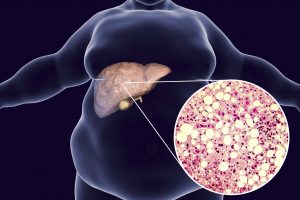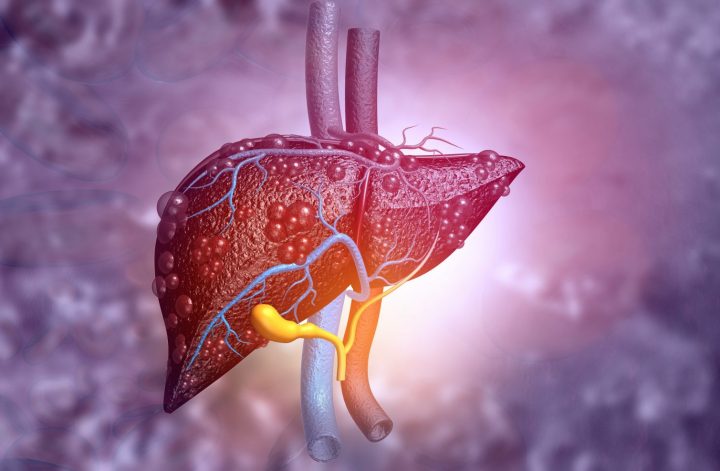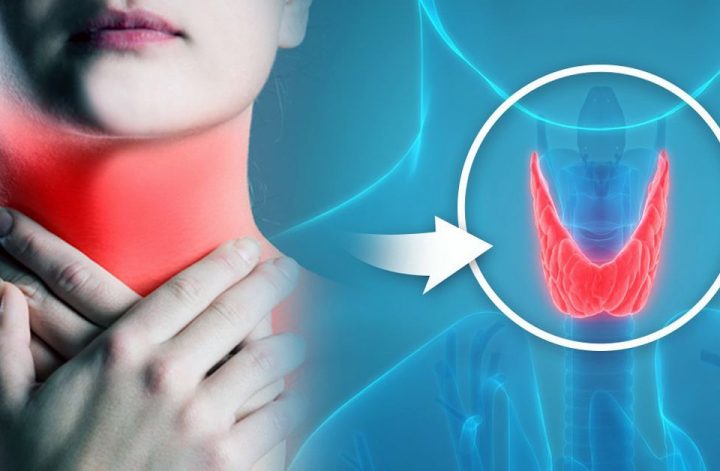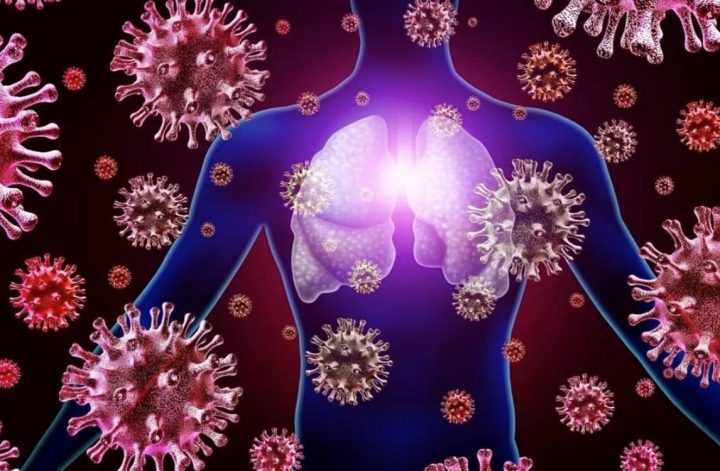Liver health can be worsened by: alcohol, fatty and fried foods, medications, toxins and, of course, diseases. The greatest blow to this organ is caused by viral hepatitis B and C. Until the damage to liver cells caused by them becomes critical, they are usually asymptomatic. Therefore, each person needs to be regularly examined for the carriage of dangerous viruses.
Sometimes acute forms of hepatitis go away on their own. But about 15% of infected people are so lucky. In the majority, however, hepatitis acquires a chronic course, which, over time, usually leads to the development of liver cirrhosis and, in some cases, cancer. But since viral hepatitis, which has not accidentally earned the nickname “affectionate killer”, does not manifest itself for a very long time, it is better to find out about its existence as early as possible. After all, it is easier to cope with the disease if it is not too neglected.
Vitally interested

Often people believe that they can reliably protect themselves from infection with viral hepatitis if they follow a healthy and impeccable lifestyle. Unfortunately, this is not the case. After all, infection can occur not only through the needle of a drug addict or as a result of accidental sexual contact. There are many other, completely “legitimate” ways to get infected with hepatitis. So, you can catch a potentially deadly virus during hospitalization – for example, during a blood transfusion or during other medical procedures. It can also happen in ordinary everyday life – for example, during a manicure or pedicure, piercing or other aesthetic manipulations. Or in dental treatment. For contamination, it is enough that the salon does not thoroughly sterilize working tools. Therefore, coming to a beauty salon or a dentist, it will not be superfluous to ask how the sterilization process is going on there. If the manicurist after the next client simply wipes his tool of work with alcohol, and believes that this is quite enough, it is better to get away from this salon faster and “think about the beauty of nails” in some other place.
The virus is persistent and insidious
The hepatitis B virus persists for a long time in the external environment, it can be detected in dry drops of blood. Therefore, sterility of instruments in beauty salons and medical institutions is very important. And the HIV virus, for example, does not live long outside the human body. It quickly degrades in the external environment. And if you can protect yourself from hepatitis B by vaccination, then there is no vaccination against hepatitis C, the hepatitis C virus is very variable. Therefore, it is best to take appropriate tests from time to time.
Peekaboo
Although in some cases antibodies to the hepatitis C virus can be detected in the blood as early as 3–8 weeks after infection, in many people they may be absent for several months. But on the other hand, the presence of these antibodies in the blood is not yet a reason for panic, because this does not always indicate a disease. Indeed, in those who have recently recovered from an acute form of hepatitis or suffered hepatitis C in the form of an asymptomatic infection a long time ago, antibodies in a small concentration can be detected for many years, and sometimes for a lifetime. Therefore, if you suspect a disease or if you receive a positive result of antibodies to the hepatitis C virus in the blood, you need to test the blood not only for antibodies, but also for the content of RNA of the hepatitis C virus.
An analysis for antibodies to the hepatitis C virus (HCV) https://en.wikipedia.org/wiki/Hepatitis_C, which is done by the IHLA method, a modification of the enzyme-linked immunosorbent assay, should be considered a screening test.
Today it must be performed during hospitalization, before planned operations and during pregnancy. If the test results turn out to be positive, this will require a mandatory additional examination. It will be necessary to do a PCR study for HCV (detection of RNA of the hepatitis C virus in the blood, take a blood test for biochemical markers (ALT, AST, GGT, alkaline phosphatase, bilirubin), as well as a general blood test with a leukocyte formula and a coagulogram.



